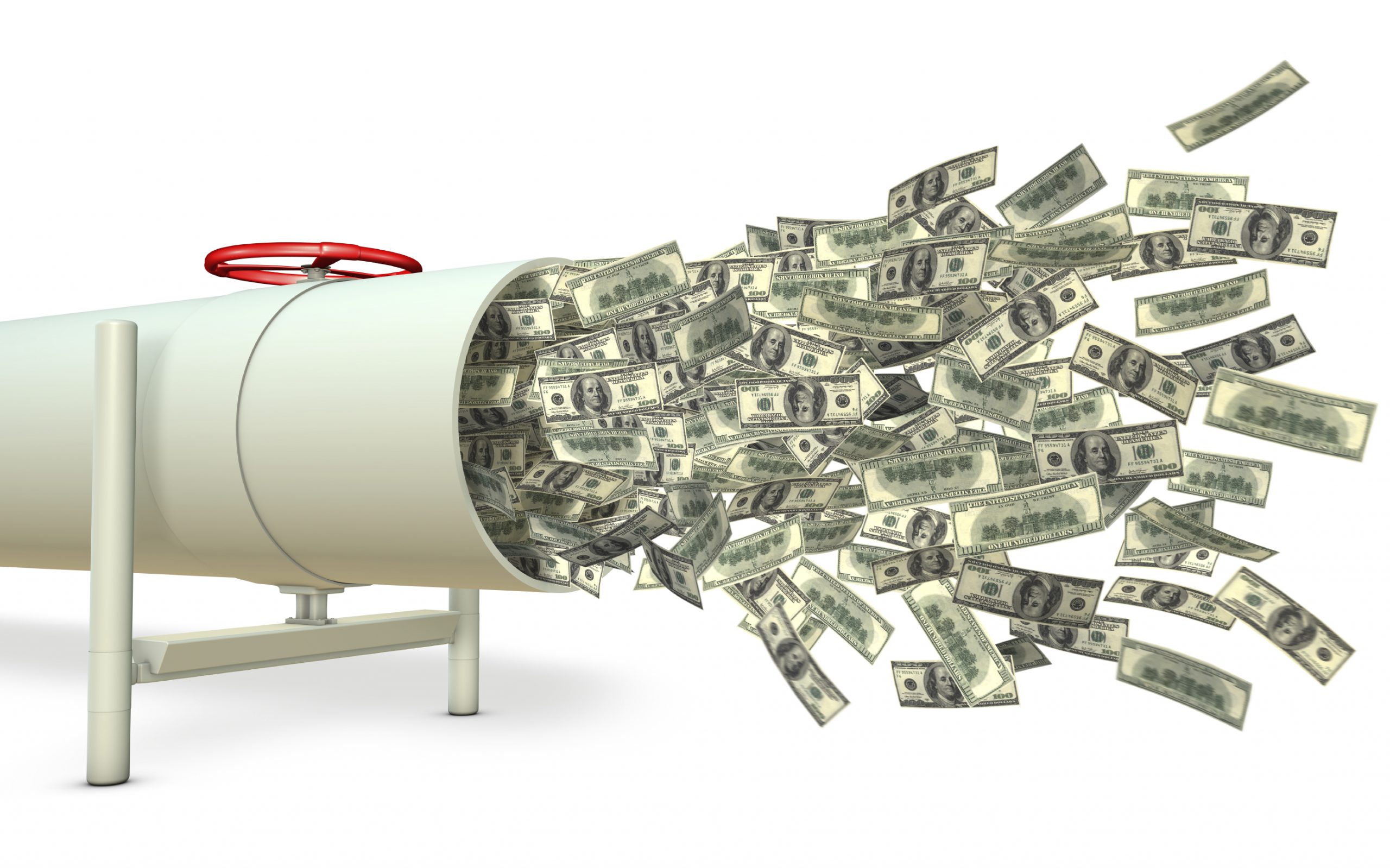Belarusian authorities expect economic growth to resume due to oil refining modernisation
 The situation has not changed
The situation has not changed

The president regards the oil industry as a critical factor in preserving the existing socio-economic model. However, former presidential administration head Kosinets’ appointment as supervisor of the modernisation at Belarusian refineries is unlikely to either to speed up the modernisation, or retain the share of oil refining in GDP and export proceeds.
At a meeting on strategic development of the Belarusian oil refinery President Lukashenka talked, inter alia, about tasks assigned to the recently appointed Presidential Aid Alexander Kosinets.
The Belarusian leadership has criticised delays with the technical re-equipment at the Belarusian refineries in the context of failed modernisation projects in order to dilute the responsibility for derailed plans. Indeed, many modernisation initiatives in the Belarusian industry had been derailed due to miscalculations by the state administration (e.g. cement production and woodworking).
The authorities aimed to complete the technical re-equipment at the refinery in 2016, however, these plans had been derailed, most likely to due to the cuts in the Russian oil supplies (by circa 20%) amid the oil and gas dispute, which lowered revenues from petrochemical sales; and due to the fall in oil prices on the world market. That said, the oil and gas dispute lasted for a while due to the Belarusian authorities’ refusal to agree to Russian terms. In addition, Belarus lacks own funds for the modernisation and has a critical attitude towards tied Chinese loans. In fact, some modernisation failures in the cement industry were due to the poor quality of the supplied Chinese equipment.
The president regards the oil industry as the key element in preserving the existing socio-economic model. In the 2000s, thanks to oil and gas rents, Belarus saw an economic boom, which allowed the authorities to talk about a unique social and economic model built by the country’s first president and ensure the state aid to other low-profit (and unprofitable) economic sectors. The new assistant to the president and former head of the presidential administration Kosinets is one of the most loyal executives in Lukashenka’s circle. Perhaps, the president expects that Kosinets, being an outsider in the petrochemical industry, would be able to take oil workers in hand. That said, while serving as the head of the Vitebsk region, Kosinets had failed to ensure the successful modernisation at the Vitebskdrev woodworking.
Overall, the Belarusian leadership expects the oil prices on the world market to go up, which would allow to preserve the Belarusian economy unreformed.
Subscribe to our newsletter




Situation in Belarus
Constitutional referendum: main consequences


 Video
Video
How to count the political prisoners: are the new criteria needed?


 Video
Video
Paternalism In Decline, Belarusian Euroscepticism, And The Influence Of Russia


 Video
Video












